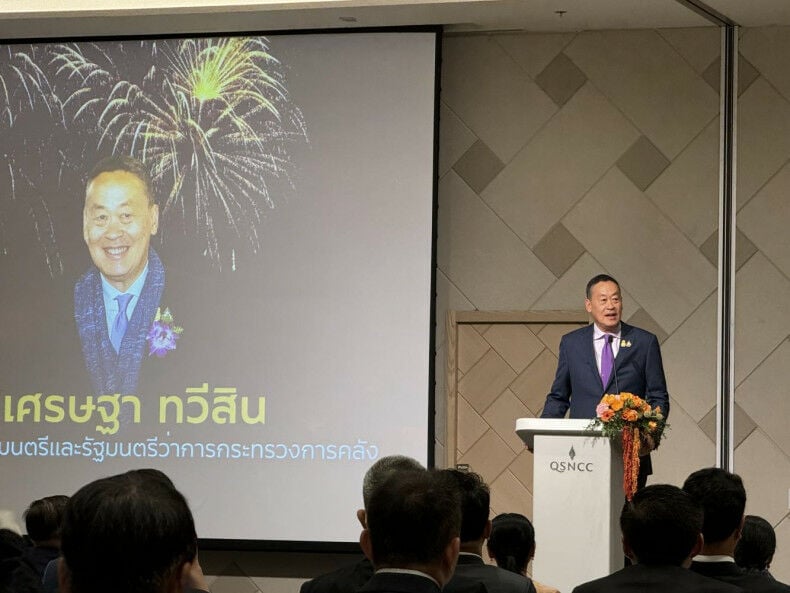Concerns over readiness of Thailand’s secondary cities for tourism

The private sector has expressed concerns over the readiness of Thailand’s secondary cities for a major tourism boost, despite Prime Minister Srettha Thavisin’s declaration that 2024 will be “the greatest year for Thai tourism in history.”
These concerns were voiced during a recent tourism workshop at the Queen Sirikit National Convention Centre, where the 62 year old Thai PM outlined plans to transform tourism into one of the country’s three key economic drivers.
One significant concern came from Marisa Sukosol Nunbhakdi, President of the Thai Hotels Association. She questioned the readiness of secondary cities to cater to an influx of tourists, citing a lack of essential facilities, services, and attractions. Connectivity between major cities and second-tier provinces was also highlighted as a critical issue that could hinder the flow of tourists to new destinations and exacerbate congestion in major cities.
“Before hotels can promote their accommodation to guests, other tourism supply should be strong enough to facilitate tourists.”
Marisa emphasised the need for sustainable tourism education in local communities, a move that could attract younger, sustainability-conscious travellers and help manage the tourist influx efficiently.
Another industry figure, Chatri Sityodtong, the Founder and CEO of One Championship, a major martial arts and combat sports promoter, highlighted the untapped potential of sports tourism in Thailand. Despite a global sports industry valued at over US$35 billion (approximately 1 trillion baht), dwarfing Hollywood’s US$5 billion, Chatri noted that sports promotion in Thailand is underfunded and lacks adequate venues for large-scale events.
The government’s ambitious tourism revenue target for the year stands at 3.5 trillion baht, a significant increase from the 2.13 trillion baht secured last year, which contributed 12.8% to the GDP. Tourism and Sports Minister Sudawan Wangsuphakijkosol pointed out that the tourism industry contributed a record 18.6% to the GDP in 2017.
She outlined five key strategies to elevate the industry to a regional hub: elevating soft power; promoting tourism in major and secondary cities; attracting world-class events and upgrading local festivals to global festivals; enhancing connectivity within Southeast Asia; and ensuring tourism confidence, reported Bangkok Post.
The Tourism and Sports Ministry confirmed that it would evaluate the outcomes of the workshop and integrate them into its policies. However, it remains to be seen how the concerns raised by the private sector will be addressed in these plans.
Latest Thailand News
Follow The Thaiger on Google News:


























